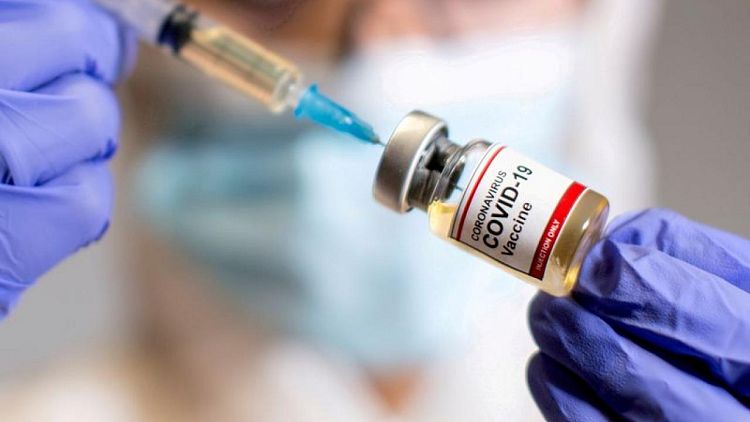By Michael Erman
NEW YORK - The U.S. Food and Drug Administration is considering authorizing a COVID-19 vaccine for children aged 5 to 11. The vaccine from Pfizer Inc and BioNTech SE has been available in the United States to kids aged 12 to 15 since May.
Here is what you need to know about the vaccine and children:
When will COVID-19 vaccines be available for 5- to 11-year-olds?
The shots are likely to be available early November. The FDA will consider the recommendation of a committee of outside advisers after that panel meets on Tuesday, and is likely to authorize the vaccine within days. The CDC director will make the final decision after a panel of expert advisors to the U.S. Centers for Disease Control and Prevention meets to discuss administration of the shots on Nov. 2 and 3.
Where will the shots be available?
Depending on the state, in pediatricians' offices, pharmacies and schools.
Is it the same vaccine as the adult one?
Yes, but at a lower dose. Pfizer and BioNTech have asked for authorization of a 10-microgram dose of the vaccine, a third of the dose size given to people 12 and older. The vaccine is still a two-shot vaccine, with doses given around three weeks apart.
What if my child is a small 5-year-old, or a big 11-year-old? Should they get the children's dose?
The dose is based on age and not weight, according to Brittany Kmush, an epidemiologist and professor at Syracuse University. "Vaccines are different than medication in the dosing strategy and it has more to do with the maturity of the immune system rather than weight or metabolism," she said.
Is it safe?
Safety data from more than 3,000 children who received the vaccine in Pfizer's 4,500 participant clinical trial was generally comparable to that for 16- to 25-year-olds. The most common side effects for children included fever, headaches and chills, which were generally reported less frequently and milder than for 12- to 15-year-olds.
Both the Pfizer/BioNTech and Moderna Inc vaccines have been linked to rare cases of heart inflammation called myocarditis, especially in young men.
Still, Pfizer suggested that the rate of myocarditis in the age group is likely to be lower than observed in vaccinated 12- to 15-year-olds due in part to the lower dose.
Does it work?
Pfizer and BioNTech said last month their COVID-19 vaccine induced a robust immune response in the 5- to 11-year-olds in its clinical trial. The companies also said the vaccine showed 90.7% efficacy against COVID-19 in the same group.
If children are less likely to get seriously ill from COVID, why bother vaccinating them?
Pediatric vaccination is a public health tool to prevent infectious diseases, even ones that do not have high rates of mortality or hospitalization in children. Children in the United States already receive vaccines for illnesses that have similar or lower levels of related mortality in kids, like hepatitis A, chickenpox, rubella and rotavirus.
